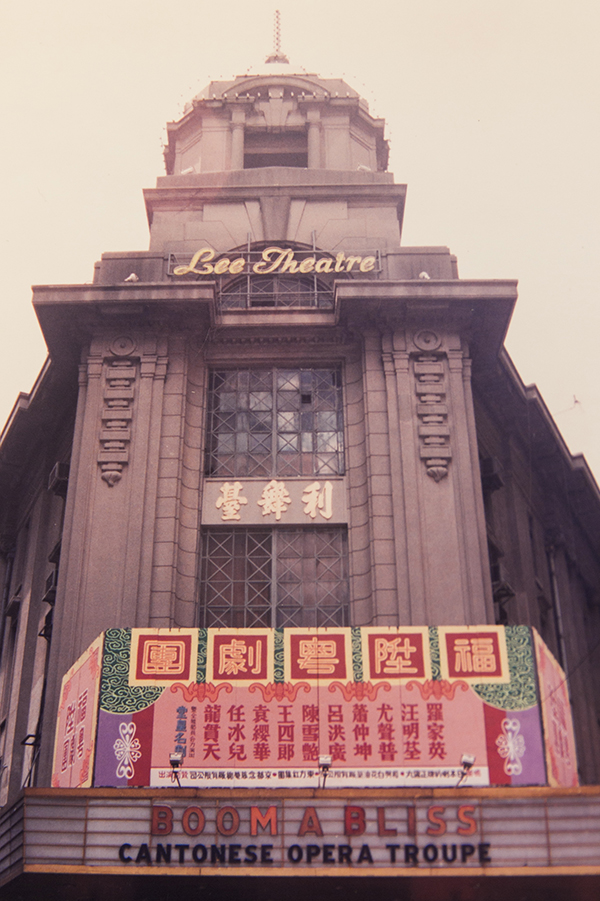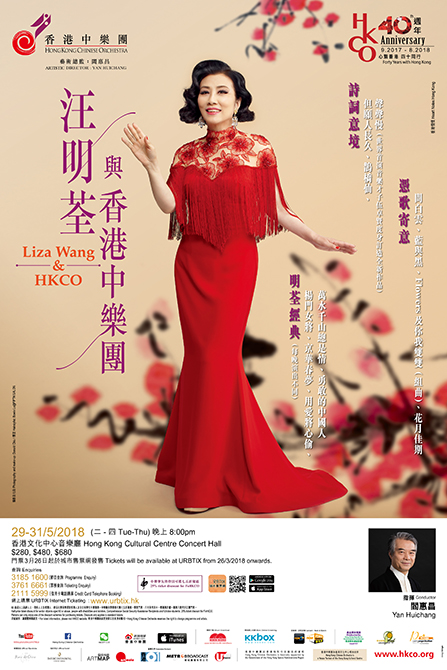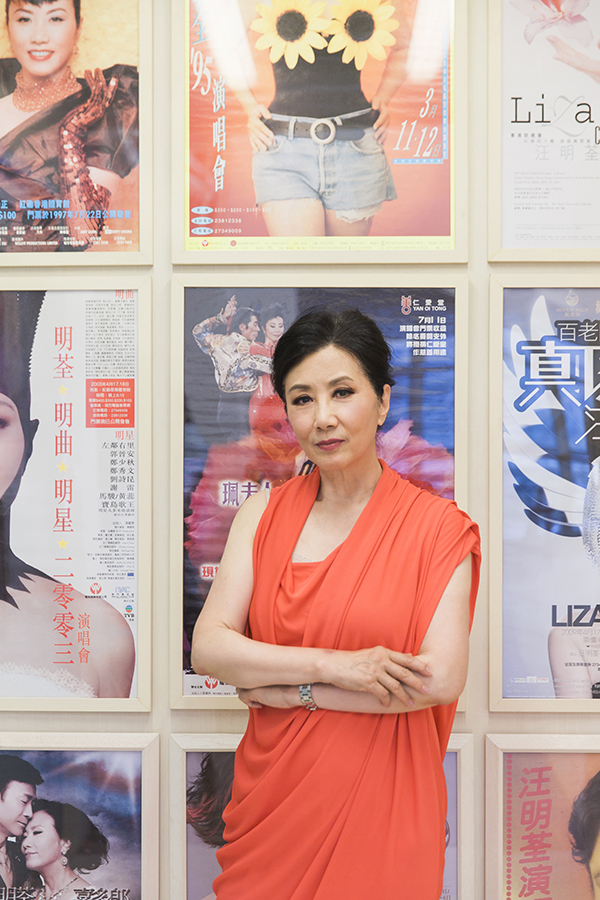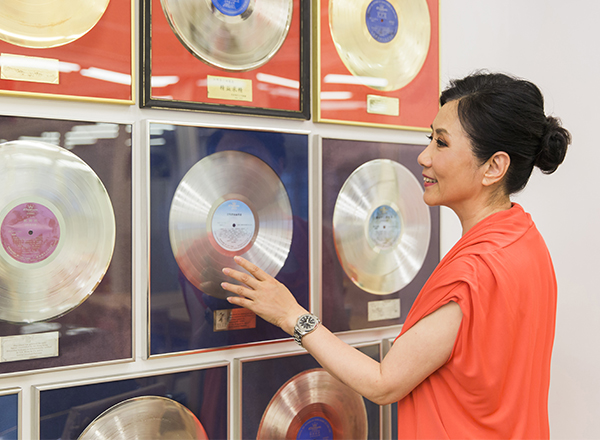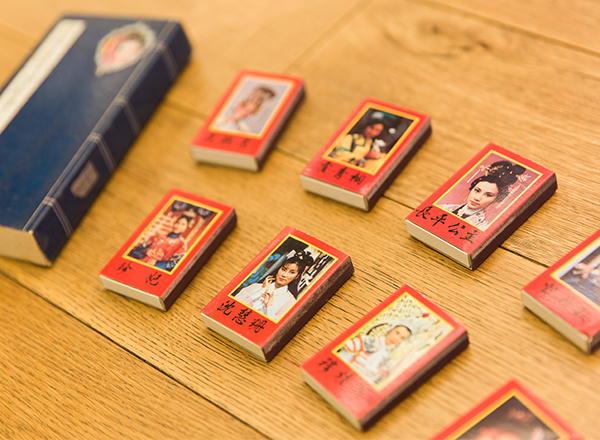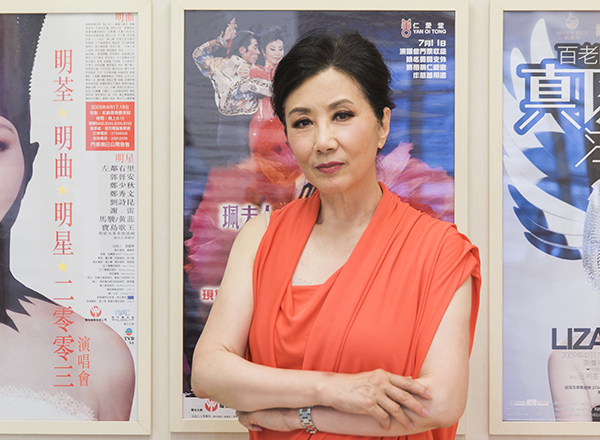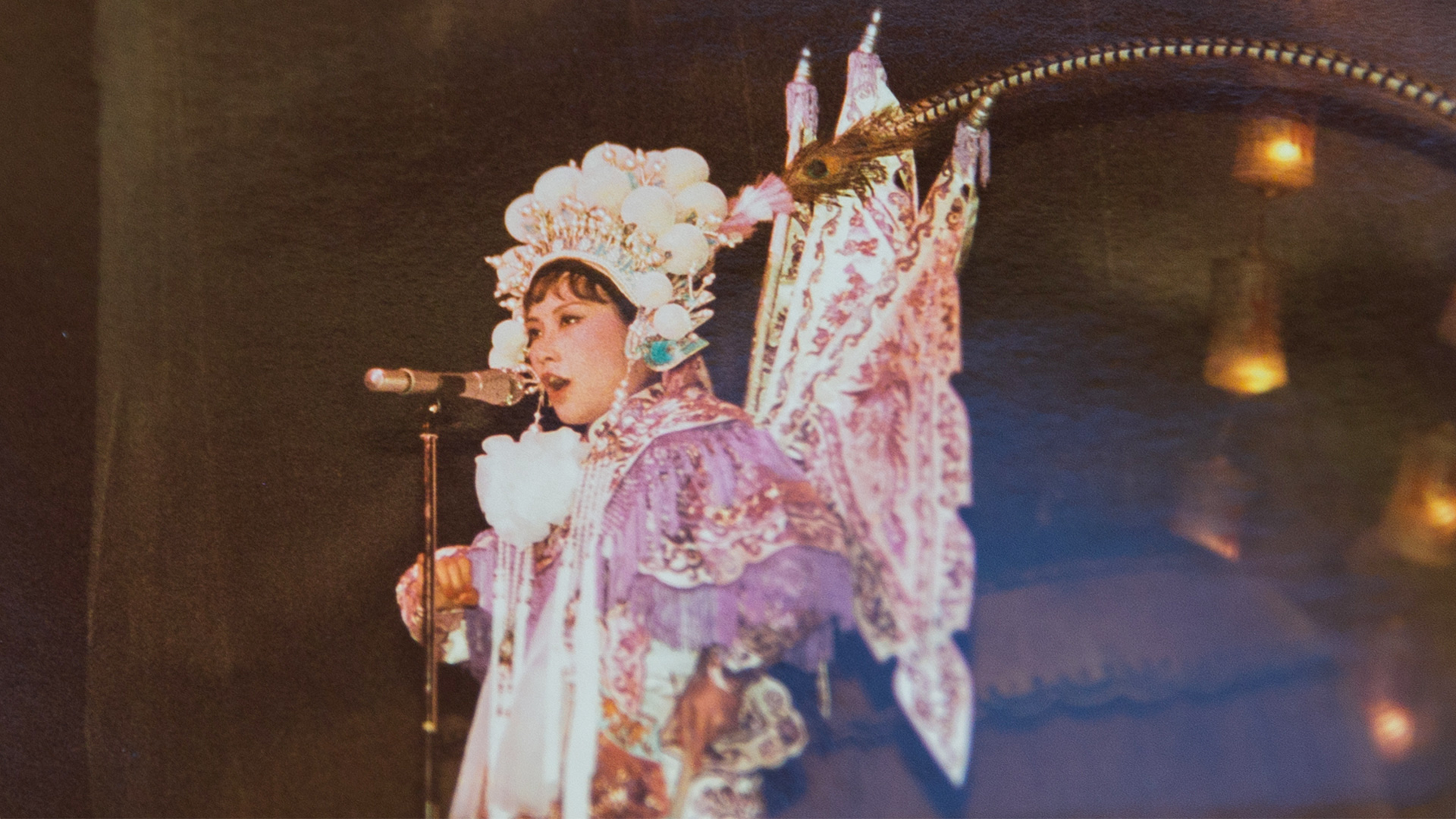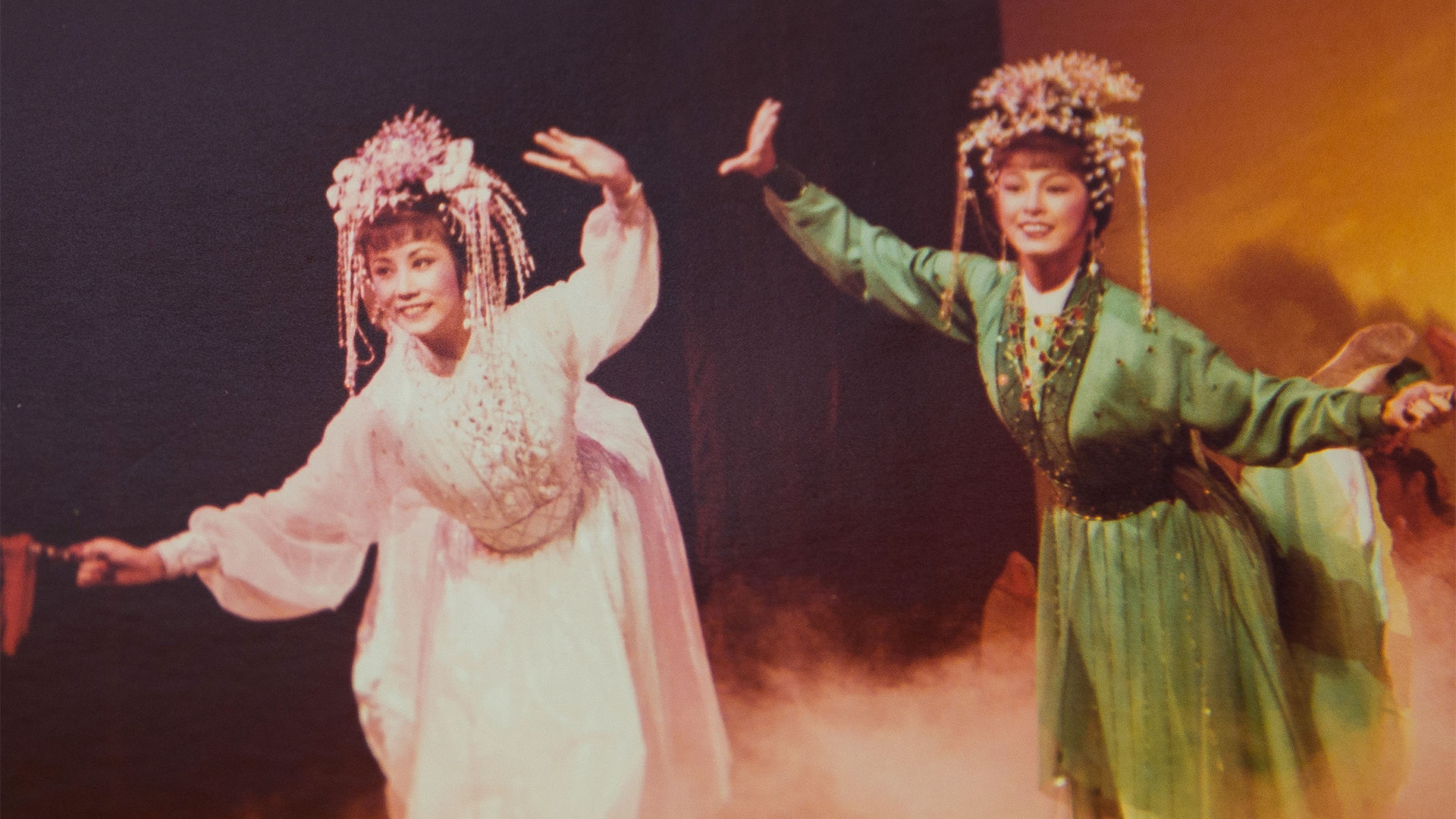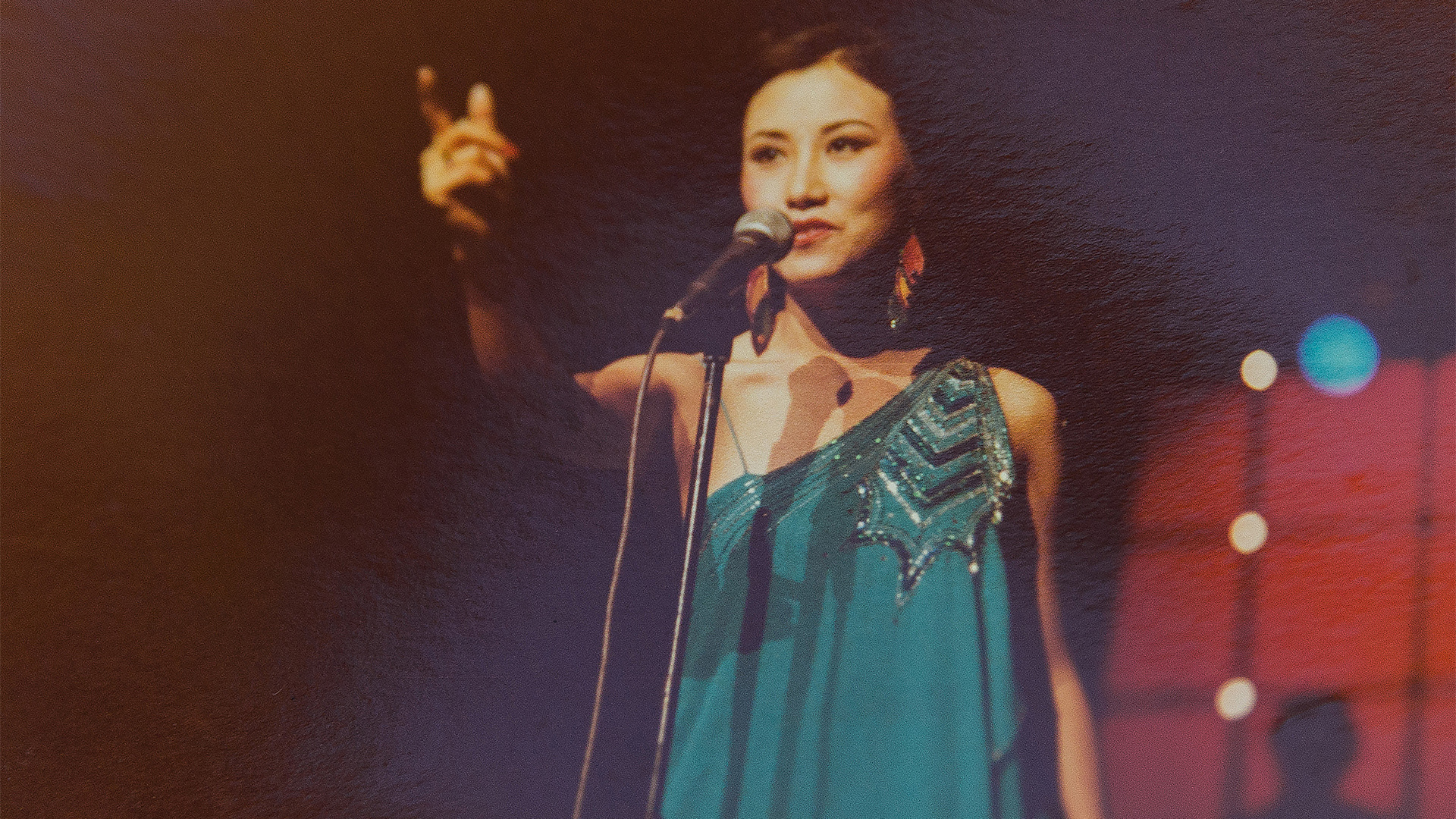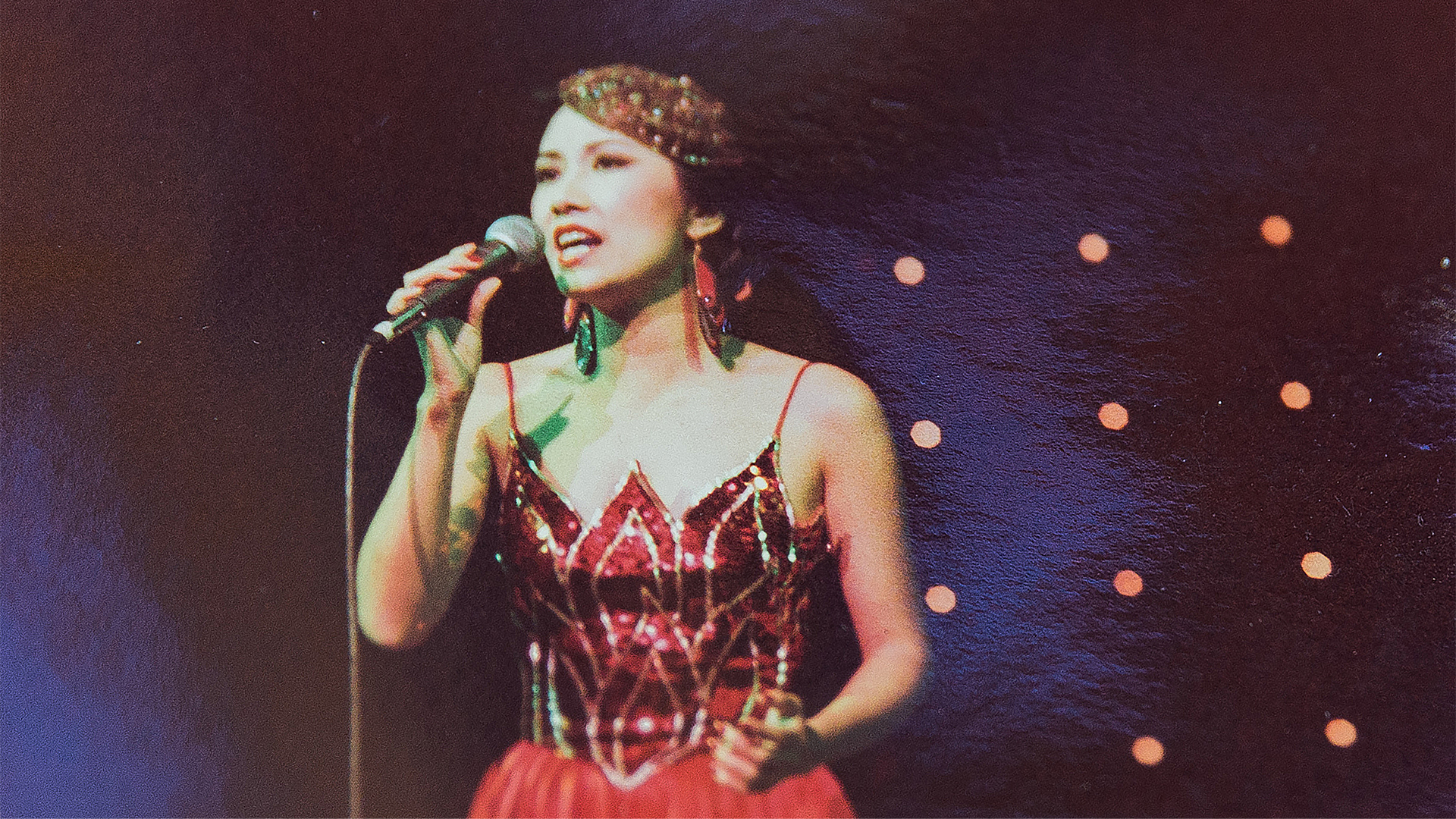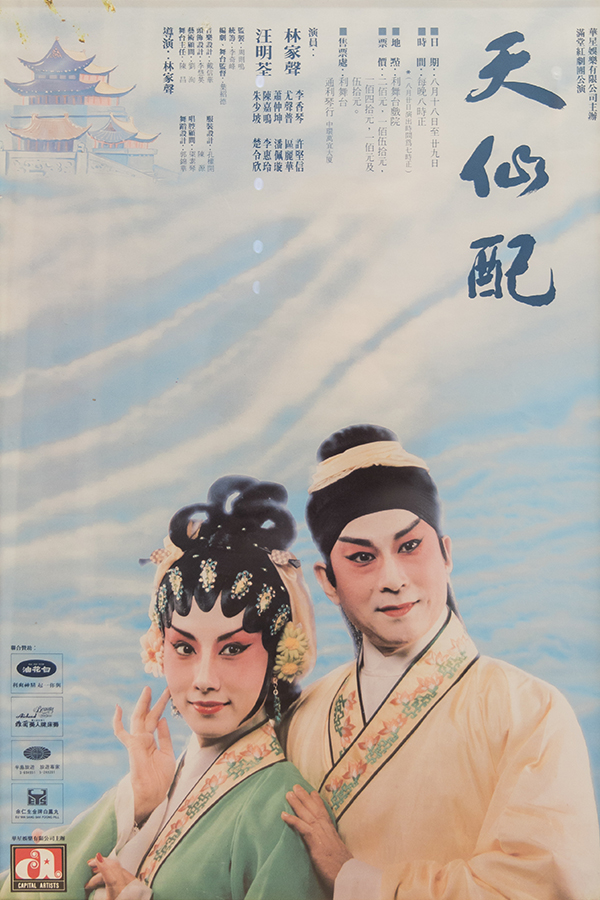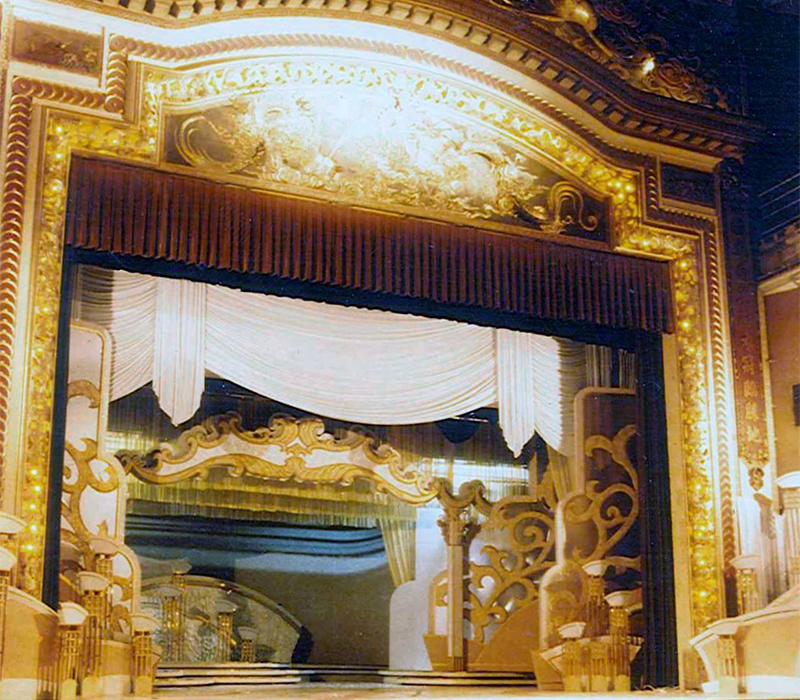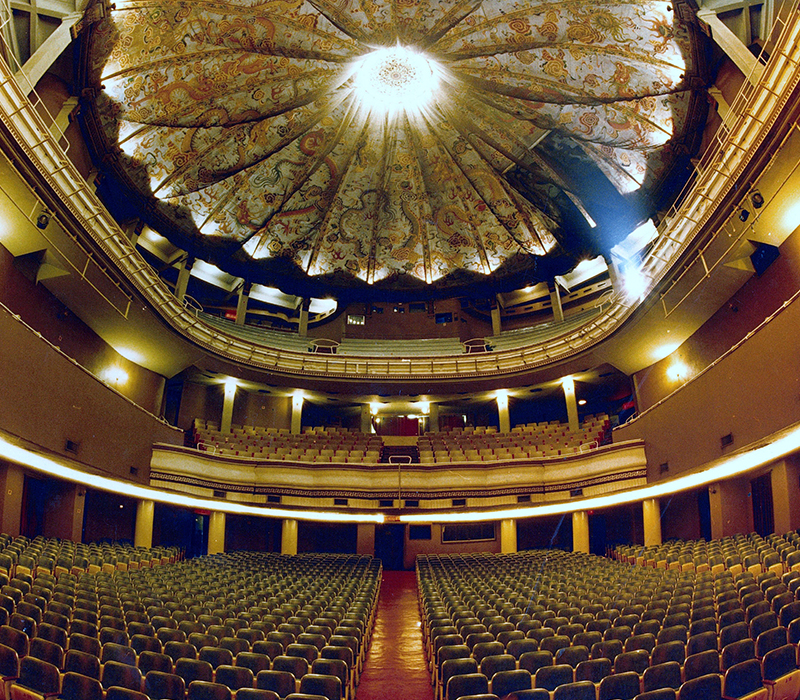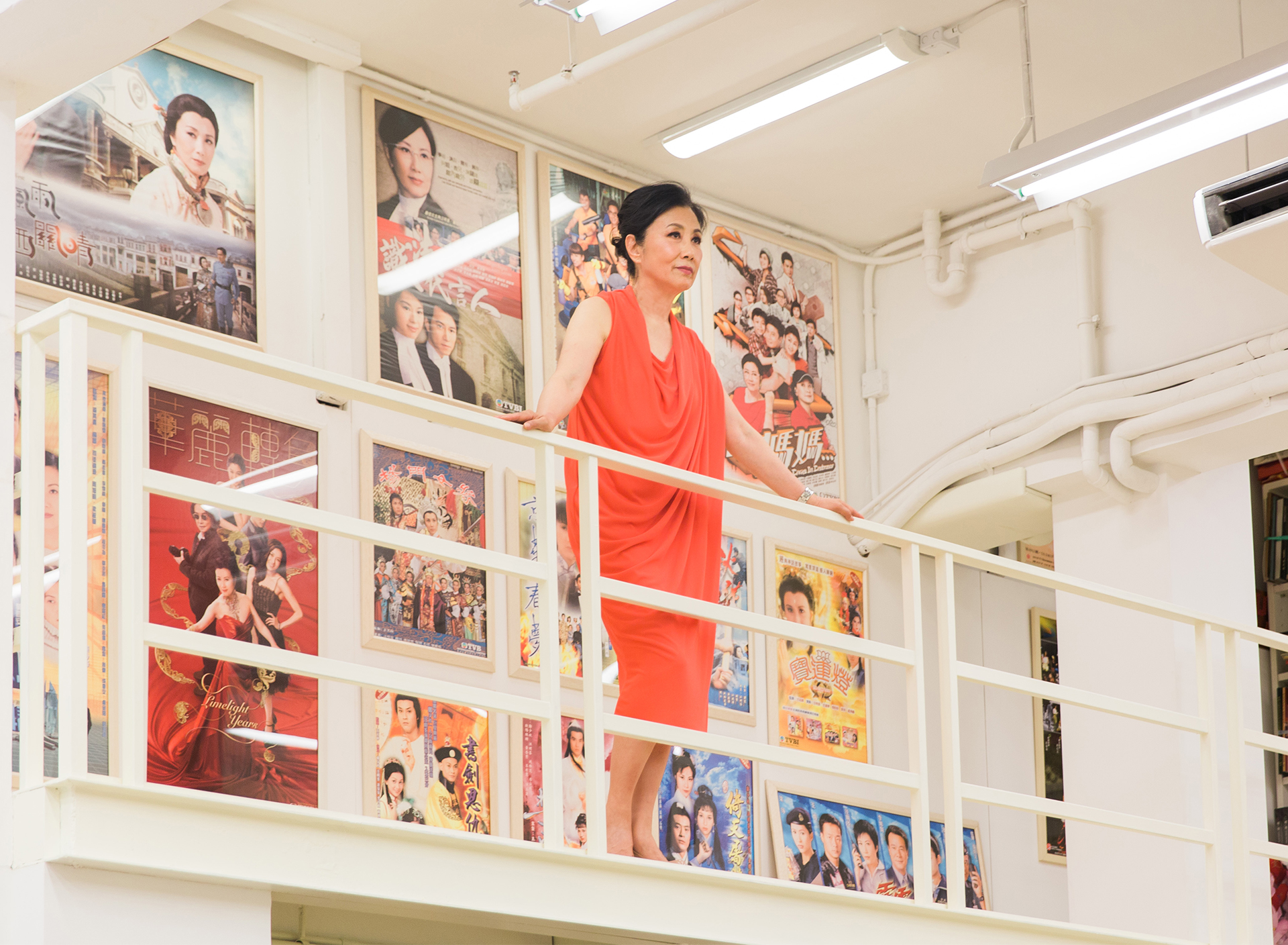“Performing at Lee Theatre, you only needed a superb band, a great singer, good acoustics and soft lighting. Then the connection between the music, the singer and the audience became all very tangible and intimate.”
Liza described her mid-career debut at Lee Theatre as “an opportunity that presented itself”, enabling her to perform on what was considered at the time the most revered of stages. She explained, “Lee Theatre was a theatre of the highest calibre. In the beginning, it only hosted overseas performers, then Teresa Teng and Roman Tam performed there – and they were really in a league of their own. This was why every time I set foot on Lee Theatre’s stage, I reminded myself that there was a gold standard I had to measure up to, that Lee Theatre deserved nothing less than my very best.”
Throughout her long and illustrious career, Liza has performed on countless stages but Lee Theatre stands out as the most memorable. To her, part of that uniqueness came from how close the stage is to the stalls – which made every member of the audience and their every reaction clearly visible.
“It was very different from performing in grand auditoriums. For example, at the Hong Kong Coliseum you can use all kinds of tech on stage, as you’re surrounded on all four sides by a really big crowd. But your interaction with the audience is limited to something like shouting out, “can my friends up at the top hear me?” – whereas things were a bit different at Lee Theatre. You only needed a superb band, a great singer, good acoustics and soft lighting. Then the connection between the music, the singer and the audience became all very tangible and intimate.”
